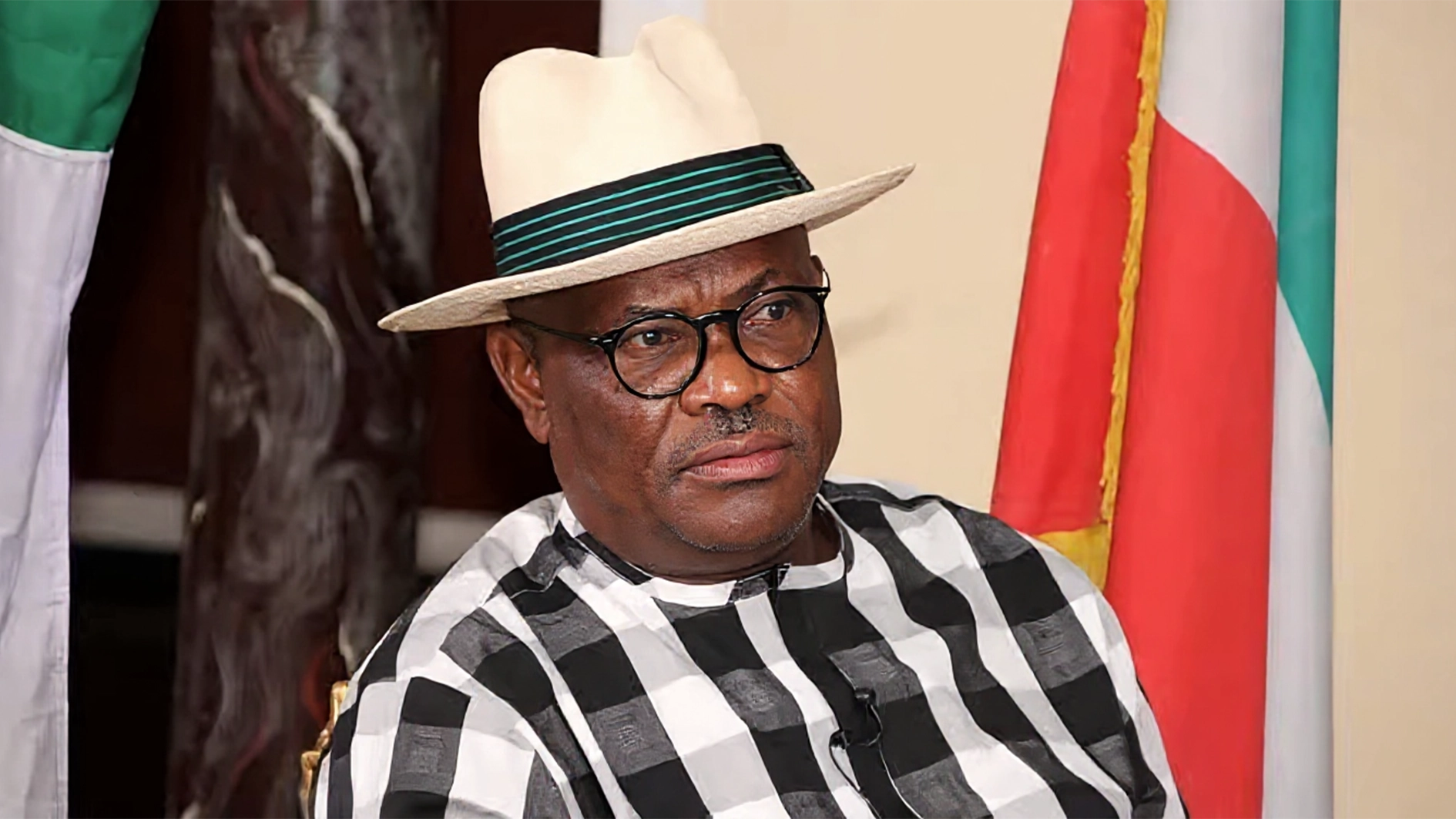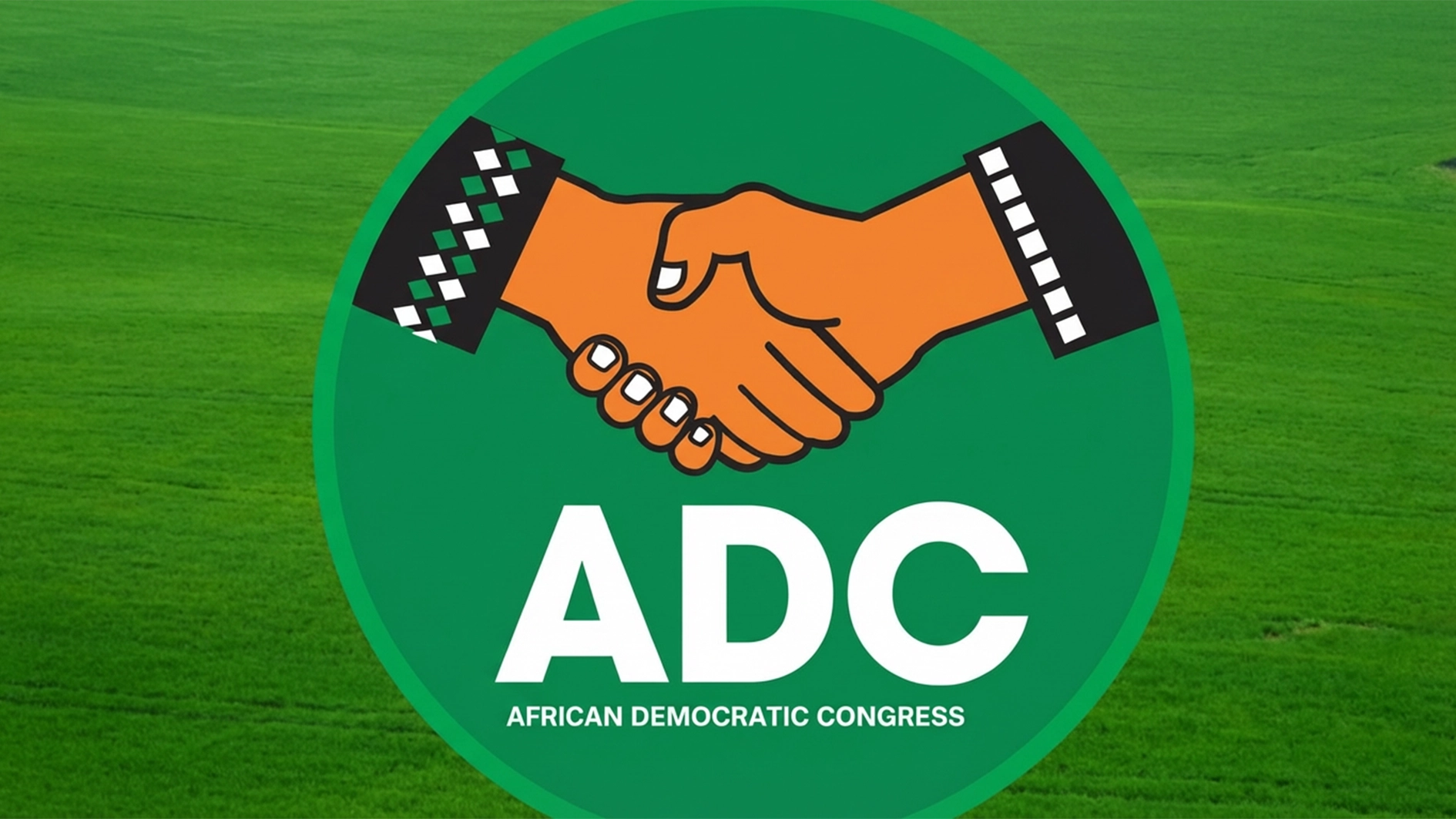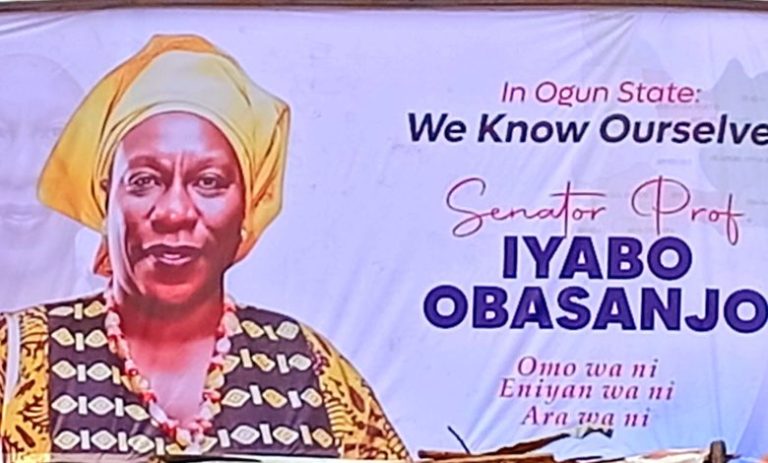In a move that has jolted Bayelsa’s political establishment and rattled the South-South opposition bloc, JULIUS OSAHON reports on how Governor Douye Diri’s resignation from the Peoples Democratic Party (PDP) has unleashed a storm in Bayelsa State. The fallout now pits him against his deputy, Lawrence Ewhrudjakpo, and Senator Seriake Dickson.
Days after Diri’s announcement, the political temperature in Bayelsa has risen sharply. What was once dismissed as a rumour has become a defining moment in the state’s political history, raising questions about loyalty, ambition, and the survival of Nigeria’s opposition politics.
For months, signs of discord were visible within Bayelsa’s ruling class. Governor Diri’s increasingly strained relationship with his political godfather, Senator Seriake Dickson, had become an open secret. The suspension of George Turner, the party’s legal adviser turned South-South zonal secretary, deepened the cracks and split the state chapter into rival factions; one loyal to Diri, another to Dickson.
While the governor’s aides routinely denied rumours of defection, his alignment with defecting South-South governors, including Delta’s Ifeanyi Okowa, hinted at a larger plan. The visit of the South-South Governors’ Forum to Yenagoa earlier this year, where Diri was host and chairman, reportedly marked a turning point. Soon after, consultations began behind closed doors with family members, aides, and select allies.
However, resistance came from familiar quarters – his deputy, Ewhrudjakpo, Dickson, and several lawmakers – all of whom cautioned that abandoning the PDP could rupture Bayelsa’s fragile political equilibrium and erase the gains of two decades of PDP dominance.
A defection foretold
When Diri finally tendered his resignation, alongside most cabinet members, local government chairmen, and some lawmakers, the shock was not in the act but in its timing and manner. His letter offered no reason beyond citing “obvious circumstances,” leaving the public to speculate.
Insiders told The Guardian that his decision stemmed from disillusionment with the PDP’s national leadership and growing frustration over what he saw as the party’s inability to reinvent itself after losing power in 2015.
Party analysts said the unresolved bitterness from the 2022 presidential primary, which produced former Vice President Atiku Abubakar as the party’s presidential flag bearer instead of a southern candidate, created a lingering disaffection that continues to haunt the major opposition party to this day. Many southern governors felt that they were shortchanged and alienated. The former governor of Rivers State, Nyesom Wike’s open defiance and later alliance with the All Progressives Congress (APC)-led Federal Government, under which he currently serves as a minister, have emboldened others to consider new alliances.
Diri’s move, therefore, is seen as both self-preserving and politically pragmatic. Yet, it carries a heavy cost: the collapse of Bayelsa’s status as one of the PDP’s few remaining strongholds.
Senator Dickson, Diri’s predecessor and longtime ally, reacted with visible anger and disappointment. His sharp rebuke captured both moral and political disillusionment:
“I didn’t see any compelling reason for a second-term governor to defect. It belittles our democracy and endangers our multi-party system,” he said.
Dickson’s remarks also revealed a deeper anxiety that Diri’s departure could upend his own senatorial prospects in 2027. The former governor is believed to be eyeing a return to the Senate, but the defection realigns the state’s power map, potentially weakening his (Dickson) influence.
Tari Porri, a member of the State House of Assembly from Ekeremor constituency, has already declared opposition to Dickson’s comeback bid, arguing that “the senatorial rotation must favour Ekeremor this time.” With Diri now outside the PDP fold, Dickson’s base faces internal dissent and a shrinking network of loyalists.
The Deputy Governor’s silent rebellion
If Diri’s resignation shocked the PDP, his deputy’s quiet resistance has given the crisis an unexpected twist. Lawrence Ewhrudjakpo, a lawyer and former senator, has refused to follow his principal out of the party.
According to a top Bayelsa government source, the deputy governor pointedly refused to attend the State Executive Council meeting where Diri made his announcement.
“He made it clear he was not defecting alongside the governor,” the source said. Ewhrudjakpo’s defiance is seen as both moral and strategic. His loyalty to the PDP, nurtured since his days as a protégé of Dickson, remains unbroken. Those close to him say he believes leaving the party that “made him” would be a betrayal of the Ijaw cause and of former President Goodluck Jonathan’s legacy, both symbols of PDP’s imprint in the Niger Delta.
However, that decision carries its own risk. Lawmakers who resigned with Diri are reportedly considering impeachment proceedings against the deputy governor, alleging “gross misconduct” for refusing to defect. His allies, however, insist he will not yield.
“If they victimise him for standing by the PDP, it only exposes the fragility of this new alliance,” a party insider told The Guardian.
Unanswered constitutional questions
Beyond the political intrigue lies a profound legal puzzle. By resigning from the PDP without declaring membership in another party, Diri has entered uncharted constitutional waters.
While Section 177 of the 1999 Constitution (as amended) stipulates party membership as a requirement for election, it is silent on whether that membership must be maintained throughout a governor’s tenure.
Legal experts are divided. Some argue that the governor’s action amounts to self-disqualification since Nigeria’s political system does not recognise independent candidacy. Others maintain that he remains validly elected until he formally joins another party.
A constitutional lawyer who spoke with The Guardian but did not reveal his name described the development as “a jurisprudential test case.”
“The framers of the Constitution never anticipated a politically homeless governor. This could trigger a Supreme Court interpretation,” said.
While Diri’s critics accuse him of betrayal and opportunism, his loyalists see him as a strategist aligning Bayelsa with the Federal power centre for greater benefit.
Key figures such as Senator Konbowei Benson (Bayelsa Central), former Speaker Tonye Isenah, and all eight local government chairmen under the Association of Local Governments of Nigeria (ALGON) have followed Diri’s lead.
ALGON Chairman, Hon. Lelei Tariye Isaac, announced: “We were elected on the platform of the PDP, but we stand where our governor stands. The crisis in the party has made it impossible to function as one family.”
Senator Benson echoed the same sentiment, declaring he had “lost hope in the capacity of the PDP to play the role of a credible opposition.” Their mass resignation further thinned PDP’s presence in Bayelsa, effectively transferring local structures to Diri’s camp, even before he formally declared for the All Progressives Congress (APC).
Within the PDP, discontent runs deep. Some party elders accuse Diri of disloyalty to his political benefactors, Dickson and Jonathan, whose influence helped secure his emergence in 2019 and re-election in 2023. Others view his resignation as a strategic betrayal that may derail Jonathan’s rumoured presidential ambition under the PDP banner in 2027.
Still, a small vocal group within Bayelsa’s PDP argues that the governor’s decision was inevitable given the party’s stagnation and internal paralysis.
Echoes beyond Bayelsa
The Bayelsa drama reverberates far beyond the creeks. Politically, it mirrors the broader crisis within Nigeria’s opposition space, where defections have become a tool of political survival rather than a matter of ideology.
With PDP governors in the South South, once the party’s most reliable bloc, increasingly tilting toward the APC, analysts say the region may lose its role as the opposition’s moral anchor ahead of 2027.
Dr Wilson Alagoa, a political scientist at the Niger Delta University, told The Guardian that Diri’s move signals “the final unravelling of the PDP’s southern flank.”
“When Bayelsa, the spiritual home of the PDP, begins to drift, it means the party’s foundation has shifted,” he said. Governor Diri’s decision has also reignited debate over political morality versus survival. To his critics, it is an act of desperation; to his supporters, a necessary realignment to keep Bayelsa connected to the Federal grid of power.
His deputy, on the other hand, represents a contrasting brand of politics, one anchored on loyalty, institutional continuity, and resistance to political bandwagonism. Whether Ewhrudjakpo’s stand will earn him public sympathy or political isolation remains to be seen.
Analysts react as Diri’s exit sparks political discourse
Legal and political analysts have continued to react to the resignation of Governor Diri from his former political party, describing it as constitutionally permissible and politically symbolic.
Aluzu Ebikebuna Austine said there is no constitutional clause barring a sitting governor from leaving the party under which he was elected. Citing the precedent of former Vice President Atiku Abubakar, he recalled that even when the issue reached the Supreme Court, the judiciary offered no clear ruling to restrict such political decisions.
Human rights activist and environmentalist, Comrade Alagoa Morris, said Diri’s resignation may have surprised many, but such developments are part of the fluid nature of politics. Comparing political alignments to human relationships, he noted that “just as some marriages collapse shortly after the ceremony, political unions can also end abruptly.”
Morris recalled similar instances in Nigeria’s political history, including former President Olusegun Obasanjo’s dramatic exit from his party, and the defections of Atiku Abubakar, Rotimi Amaechi, and Timipre Sylva at various times. He observed that many political actors shift alliances based on personal conviction or strategic interest, rather than ideology.
He lamented that Nigeria’s political parties lack clear ideological distinctions, describing them largely as vehicles for power acquisition rather than platforms for governance ideals. According to him, the civil society community has often filled the vacuum left by weak opposition parties.
Morris, however, maintained that governance should be judged by individual capacity and public service, not party loyalty. “Senator Diri’s performance stands out as a significant improvement over his predecessors,” he said. “I have always supported competent individuals irrespective of political party. What matters most is the leader’s character, not the platform on which he stands.”
For now, the state stands at a crossroads. With the governor’s camp consolidating around a yet-to-be-declared platform, and the PDP faction regrouping under Dickson and Ewhrudjakpo, Bayelsa may be heading for a political realignment unprecedented since the dawn of the Fourth Republic.
The question many Bayelsans now ask is not just about where Diri will land, but whether the PDP, once described as the “Ijaw party”, can survive the exodus.
Whatever his next move, Governor Diri’s resignation has triggered a chain reaction that could redefine Bayelsa’s political identity and reshape opposition politics across the South-South. As the dust settles, one truth endures: the era of unquestioned PDP dominance in Bayelsa may have finally come to an end.






